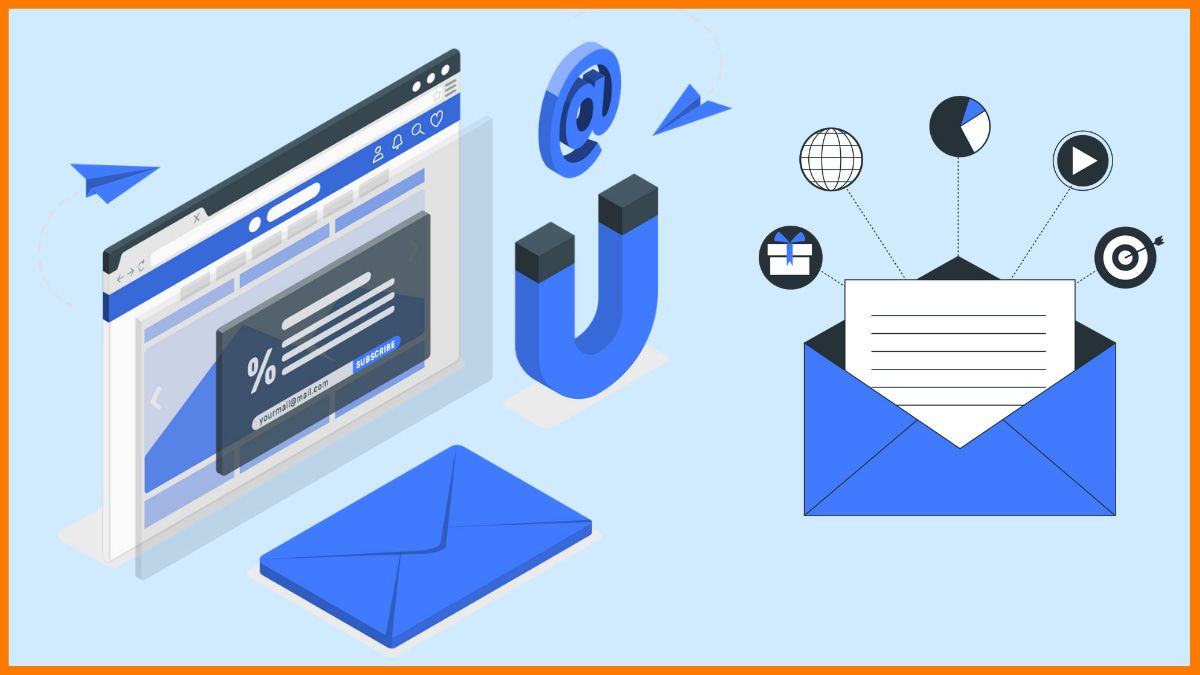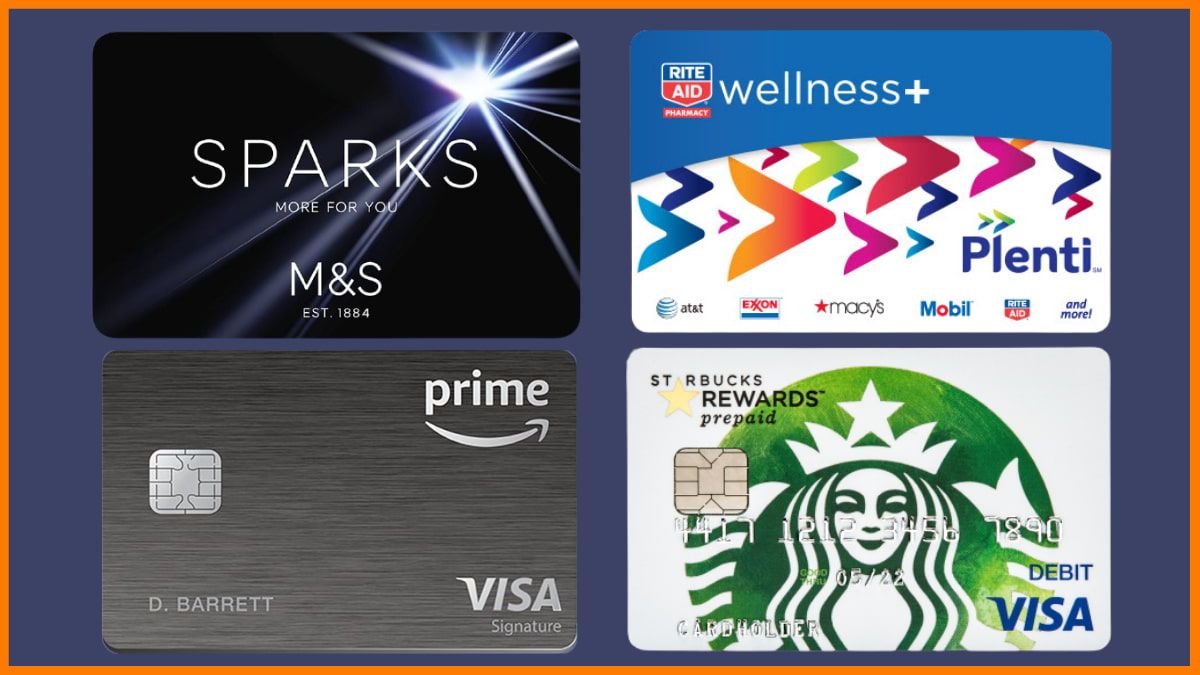All About Permission Marketing : Meaning, Benefits and Examples
📖 Learning
Marketing is changing as technology advances, and businesses are discovering new ways to market and advertise to their target audiences. Email marketing is an excellent marketing method that has helped corporations, non-profits, and even hobbyists achieve their aims. The fact that email is an effective type of permission marketing is what makes it so strong. It can provide ROIs of up to 4400 percent.
What is Permission Marketing?
Types of Permission Marketing?
Permission Marketing Benefits
Examples of Permission Marketing
Conclusion
FAQs
What is Permission Marketing?
The term "permission marketing" was coined in 1999 and has since become a major aspect of marketing and advertising. Simply said, it's a new way for businesses to send adverts and promotional information to customers if they agree. Seth Godin is the one to thank for this method. According to him, traditional kinds of marketing, such as invasive or interruptive promotion, he argued, were losing their effectiveness as customers gained more control over the content they read. This problem has been overcome by permission marketing. Permission marketing is a type of marketing in which marketers seek permission to disseminate marketing materials to their target audiences. A double opt-in subscription is commonly used to accomplish this.
Permission marketing is a notion that has been around for over a decade, yet it has been employed in practice since the dawn of humanity. The concept of "customer participation in dialogue," which is the foundation of trust marketing, has been employed by many entrepreneurs. Sellers formed their ties with potential clients through human contact and communication in the days before conveyor production, mass media advertising, or mass distribution. This approach was more soulful and kind in character, and it was based on the user's voluntary engagement.
If you run an apparel e-commerce shop, for example, and you want your clients to sign up for your marketing emails, you can offer them a valuable offer or discount if they do so. You should also send them offers that motivate them to buy from your company on a regular basis to keep them involved with your brand through email marketing. In basic terms, you may say you're marketing to a segment of your specialised market, but on their terms.

Types of Permission Marketing?
Permission marketing is divided into two categories: Express and Implicit.

1. Express Permission Marketing
To get marketing messages, the customer supplies their email address. They might, for example, subscribe to a newsletter. When it comes to forming new company ties, express marketing is very frequent. When you directly ask for a person's email address and they give you permission to send them marketing emails – usually via a form or a checkbox - this is known as express permission.
2. Implied Permission Marketing
The company already has a relationship with its customers. This could be a current customer or a regular visitor to the site. When someone offers you their email address for a business purpose but does not expressly say they want to receive commercial emails from you, you have implied consent. A client who fills out a "contact us" form or a form to gain access to a gated resource are two examples.
Permission Marketing Benefits
1. Brands will stop being invasive, targeting customers, and/or interfering with their everyday lives, and instead adopt a strategy that focuses on enticing and persuading them through bidirectional communications. We must exercise caution since not being invasive indicates that we are unable to overwhelm. If consumers have given us permission to send them information, we shouldn't fall into the trap of bombarding them with it as much as possible.
2. Users are waiting for information to be collected. This strategy ensures that, as a brand in our selected category, we have captured their attention and are at the top of their minds. Our greatest plan is to keep this active point active, if possible, so that we can not only stay on their minds, but also persuade them to become brand evangelists and tell their friends and acquaintances about us.
3. Permission marketing gives customers the option of whether or not they want to be marketed to. Permission marketing offers the most significant benefit over regular marketing in the context of levels of engagement. This is because your primary audience is already invested in whatever you have to deliver.
4. Permission marketing is when a consumer consents to receiving information about a product or service. This sort of marketing is done over the phone or via the Internet and is an easier way to reach the targeted audience.

Examples of Permission Marketing
1. Loyalty Cards

Permission marketing can also be accomplished through the use of loyalty cards. Members provide you with their information and give you permission to use that to send them promotional material when they sign up for your loyalty programme.
2. RSS Feeds
Permission marketing can be easily implemented using basic syndication, or RSS, feeds. This is a method of delivering a notification to your customers informing them of your recently launched products or information.
3. Opt-in emails
This is where a user has expressed interest in receiving your emails. This is the epitome of permission marketing. Members not only receive the email, but they are also given a wonderful chance to purchase a coupon code.

Conclusion
Traditional marketing is not replaced by permission marketing; rather, it is supplemented by it. It is intended for users who are in the process of selecting goods and services and researching the sector. This method entails building long-term connections with customers by creating value - before you can receive something, you must first give something. Obtaining the user's contact information and engaging with him via various channels is a vital step.
FAQs
What is permission based email marketing?
It is founded on the principle of only advertising to clients who have given their permission. It is a form of communication-based advertising, with email being the most prominent method.
What is the role of permission marketing?
Permission marketing provides the customers the freedom to choose the type of advertisements and information they want from the companies.
How permission marketing helps a company's marketing activities?
Permission based email marketing increases the accuracy of the marketing efforts.
Must have tools for startups - Recommended by StartupTalky
- Convert Visitors into Leads- SeizeLead
- Website Builder SquareSpace
- Run your business Smoothly Systeme.io
- Stock Images Shutterstock






